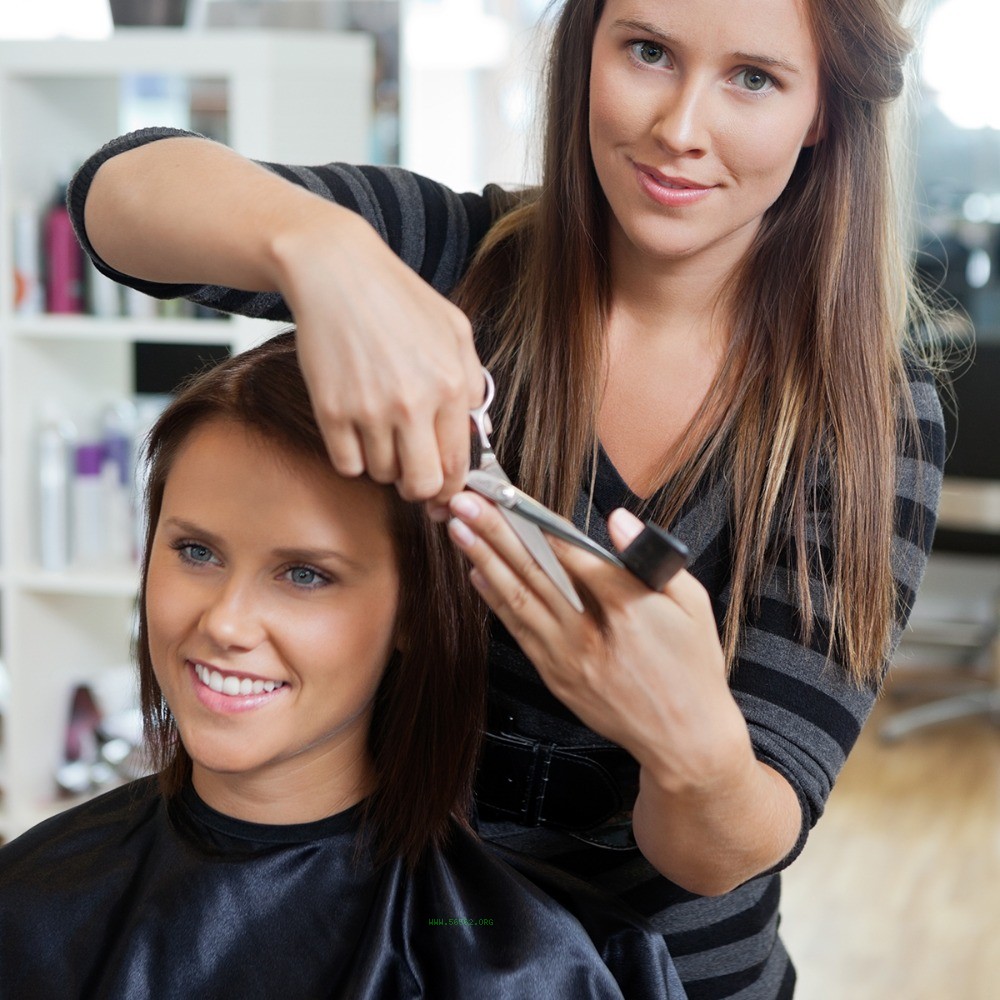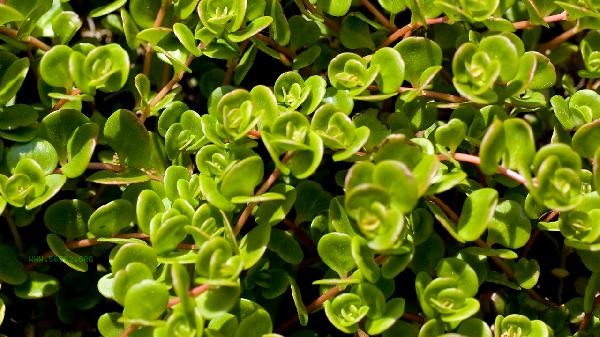It's unbearable not to touch your hands for a day, it's not that your hands are cheap. In the world of life, there are two hands born. Don't worry about leisure anymore. If you sit there quietly with your hands still, it may feel comfortable for a while, but over time, few people will hold on.

Touch it. When taking a walk on the street, casually touch your hair, touch the corner of your clothes, touch the trees by the roadside, and at worst touch the corner of your mouth to see if you've wiped it clean after eating just now.
Touching it has many benefits. Indeed, hand movements can significantly promote blood circulation in the hands. Blood circulation is a crucial process for various parts of the body to obtain oxygen and nutrients, and to eliminate metabolic waste. By performing simple hand movements such as clenching fists and stretching, blood flow can be accelerated, the feeling of coldness in the hands can be reduced, and problems such as peripheral circulation disorders can be prevented. As a simple way of relaxation, touching can help us relieve stress and anxiety. By focusing on hand movements, attention can be temporarily diverted and the impact of negative emotions can be reduced. Regular touch can enhance the strength and flexibility of hand muscles, improve the flexibility and stability of hand joints. This is of great significance for preventing diseases such as hand muscle atrophy and arthritis. The enhancement of hand movement ability can significantly improve the quality of life. Whether it is daily self-care (such as dressing and eating) or work and study (such as typing and writing), the support of hand movements is indispensable. In autumn, if you don't touch, there will be many troubles. Although our hands urgently need to be touched, and touching more is better, touching many things is not harmful, but it is not done recklessly. Especially in early autumn, the weather gradually cools down, the temperature difference between day and night increases, the air humidity gradually decreases, and the climate becomes dry. During this period, the human body is in a transitional stage of yang dissipating and yin growing, and the immune system may be weakened, making it susceptible to changes in the external environment, and many things are difficult to touch. What are the four things that are not suitable to touch when going out in autumn?
1. Not touching a man's head
The head is a symbol of our human dignity and wisdom. In China, casually touching someone's head is clearly expressing 'I'm just trying to find fault, I'm trying to bully you, disrespect you, insult you'. In autumn, as the season changes, the temperature gradually decreases and the relative humidity of the air decreases, which makes the human body prone to problems such as dry skin and weakened immunity. In such a seasonal context, maintaining good personal hygiene habits and appropriate social etiquette is particularly important for preventing the spread of diseases and maintaining personal health. Especially in early autumn, the human skin gradually adapts to dry environments, and the scalp is no exception. At this point, frequent touching of someone's head, especially with improper force, may disrupt the scalp's oil balance, leading to increased dandruff, scalp itching, and other issues. In addition, if the toucher carries bacteria or viruses in their hands, it may also cause scalp infections, posing a threat to head health. Autumn is a high incidence period for respiratory diseases such as colds and flu. By avoiding unnecessary physical contact, such as touching others' heads, the chances of virus or bacteria transmission can be reduced, protecting oneself and others from infection. Respecting others' personal space is a basic etiquette in social situations. Even expressions of goodwill or intimate relationships should take into account the feelings and health safety of the other party. Not touching a man's head can be seen as respecting the personal boundaries of others and helping to maintain harmonious interpersonal relationships.
2. Do not touch a woman's waist
The waist is a sensitive area for women, and touching it casually is a sign of frivolity or disrespect. In autumn, as the weather gradually cools down and there is a large temperature difference between day and night, the human immune system may decrease and become more sensitive to external stimuli. Not touching a woman's waist can avoid the health risks that may arise from unnecessary physical contact. For women, the waist is a sensitive and easily exposed area of the body to cold. Improper touch may not only cause discomfort, but also exacerbate the invasion of cold air due to temperature differences, leading to lower back pain or other health problems.
Especially in early autumn, the climate is variable, and women's waist is easily affected by coldness, leading to problems such as lower back pain and menstrual disorders. In addition, the waist is also where the kidneys are located, and long-term exposure to cold may affect kidney function. Therefore, from the perspective of protecting women's health, avoiding touching women's waist casually in early autumn can help reduce health problems caused by catching a cold. In addition, autumn is also a good season to strengthen physical exercise and enhance physical fitness. Through reasonable exercise, the body's immunity can be improved, and the ability to adapt to cold climates can be enhanced, thereby fundamentally reducing health problems caused by seasonal changes.
3. Do not touch the barber's tools
The barber's tools are sharp and easily contaminated, and touching them casually may cause injury or infection. The temperature gradually decreases in autumn, and the relative humidity of the air decreases, making it easier for viruses and bacteria to survive and spread in the air. Barber's tools, such as scissors, clippers, etc., may become vectors for disease transmission if they are not strictly disinfected. If customers casually touch these tools, it invisibly increases the risk of cross infection, especially for people with sensitive skin or weak immunity, which is more likely to cause skin diseases, infections and other problems. Keeping hands clean is the first line of defense against diseases. In autumn, the weather is dry and the skin is prone to dryness and cracking. If there are bacteria or viruses in the hands, contact with the face or other sensitive areas may cause infection. Therefore, not only should one not touch the tools of a barber casually, but also develop good hand washing habits in daily life to reduce the possibility of bacterial transmission. Sharp razors may also cause scratches and increase the risk of infection. Therefore, maintaining personal hygiene and not touching other people's hair cutting tools is an important measure to protect skin health.
4. Do not touch the butcher's knife
As a professional tool, the butcher's knife is sharp and may be contaminated with animal blood, bacteria, etc. The temperature in autumn is suitable for bacterial growth, and if not properly cleaned and disinfected, these tools may become the source of disease transmission. If people touch it casually, especially if there are wounds or skin damage on their hands, it can easily cause infections and affect their health. Butchers need to be highly focused and follow strict operating procedures when handling meat to prevent accidental injuries. Non professionals who come into contact with cutting tools at will may not only be injured due to improper operation, but also underestimate their danger due to a lack of understanding of the sharpness of the tools, resulting in unnecessary injuries. Autumn is a high-risk period for many diseases, and maintaining personal hygiene and food safety is crucial. Avoiding touching items that may carry pathogens, such as unsterilized knives, is one of the effective ways to prevent the spread of diseases.




Comments (0)
Leave a Comment
No comments yet
Be the first to share your thoughts!